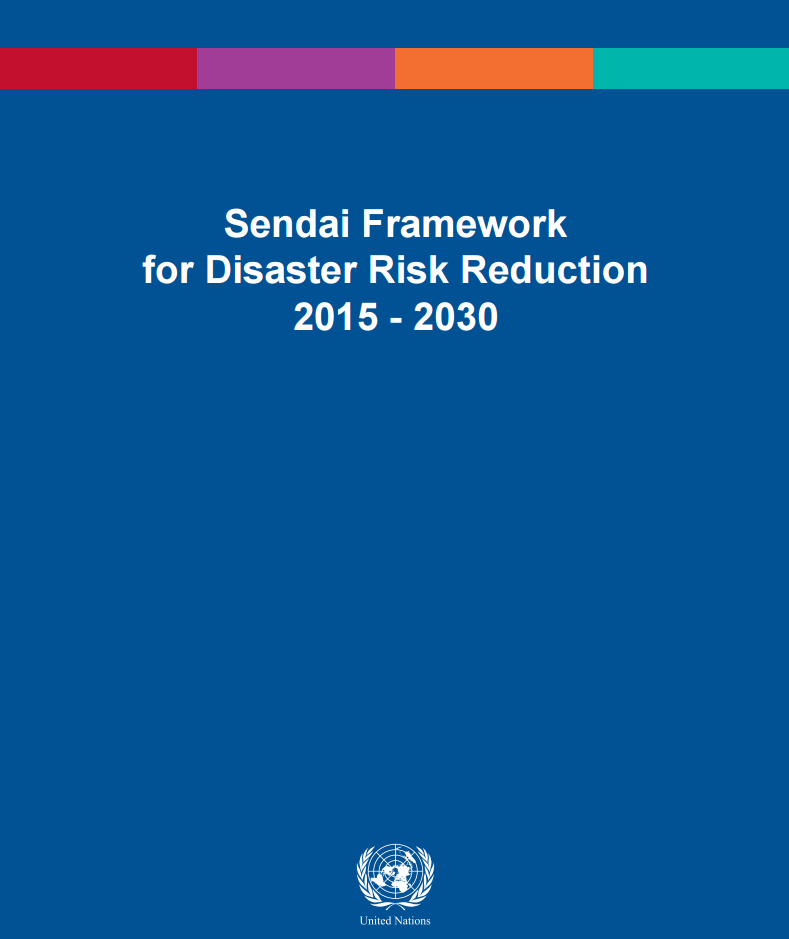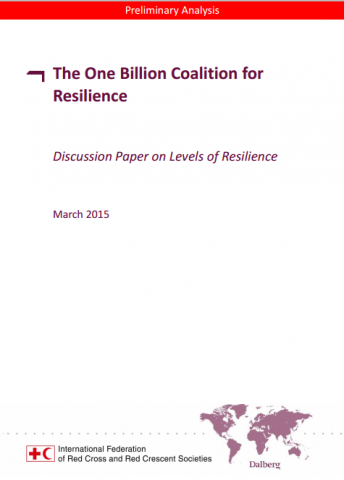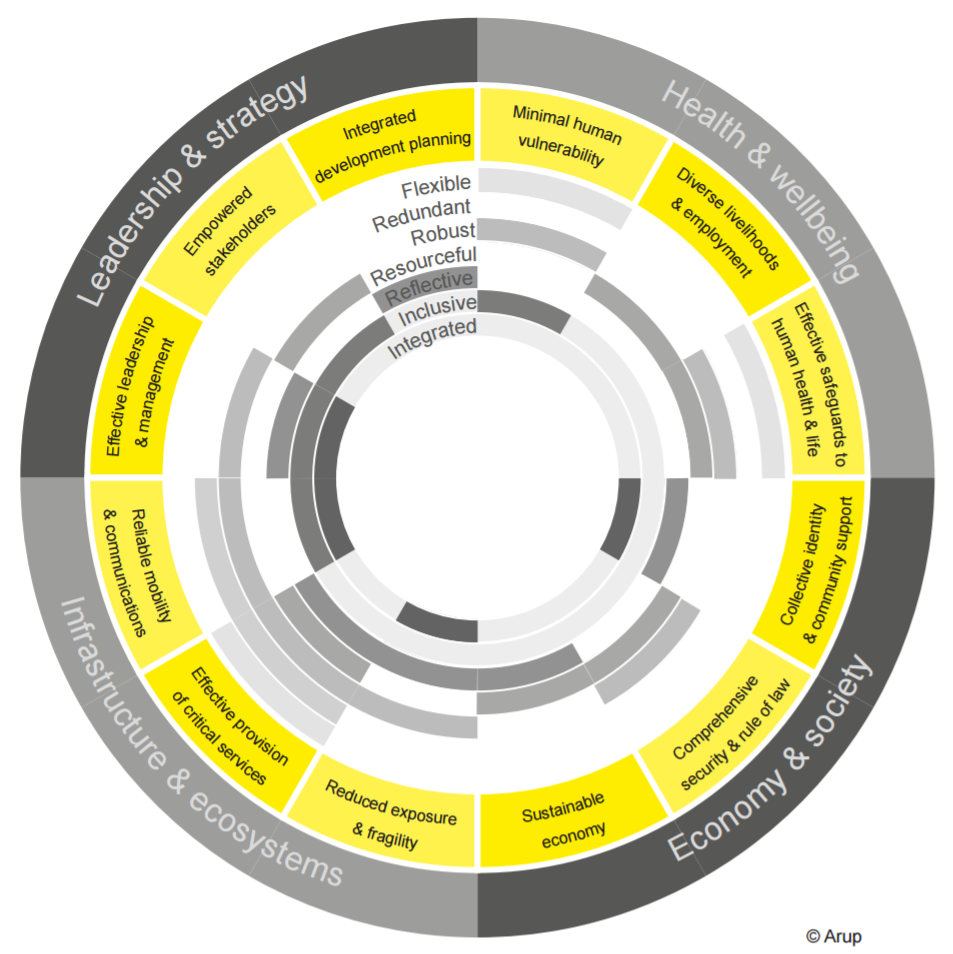Good Practice Review: Disaster Risk Reduction
This Good Practice Review identifies and discusses the principles and practice of disaster risk reduction (DRR), drawing on experiences from around the world. It gives guidance on the main issues that should be taken into consideration when carrying out projects and programmes, and ways of addressing these issues in practice. DRR is a wide-ranging field […]
Good Practice Review: Disaster Risk Reduction Read More »



